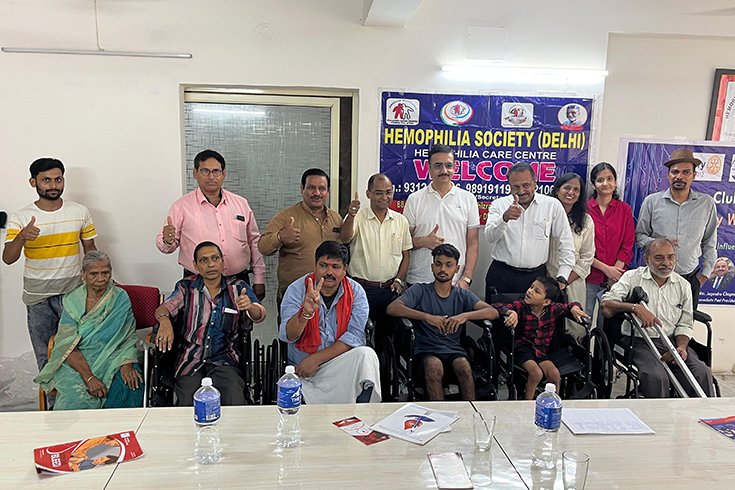A video
circulating on social media shows a group of devotees drinking water from an
outlet, believing it to be the charanamrit of Lord Krishna, which they consider
sacred. However, many experts are warning that this water is likely discarded
condensate from an air conditioning unit.
The footage
reportedly comes from the Banke Bihari temple in Vrindavan. Following its viral
spread, health professionals have urged caution, emphasizing the importance of
verifying the source of any water consumed. Hepatologist Cyriac Abby Philips,
known as TheLiverDoc on X, highlighted the health risks associated with
drinking water from air conditioning systems, noting that these systems can
harbor various infections, including dangerous fungi.
Philips
pointed out that exposure to water condensed by air conditioners can lead to a
serious illness known as Legionnaires' disease, caused by the Legionella
bacteria. While these bacteria are typically found in freshwater environments,
they can proliferate in man-made water systems, such as cooling towers, hot
tubs, and plumbing. Infection occurs primarily through inhaling small droplets
of contaminated water, with symptoms including high fever, cough, muscle aches,
and shortness of breath. Although anyone can contract the disease, those most
at risk include older adults, smokers, and individuals with weakened immune
systems.
Water
collected from air conditioners is formed through condensation and can be
hazardous to drink. This water often contains contaminants like dust, dirt,
mold spores, and chemicals from the AC unit itself. Lacking essential minerals,
AC water can easily become polluted with environmental toxins. Moreover, it may
harbor harmful microbes such as bacteria and fungi, as it travels through ducts
and surfaces exposed to dust and debris. Heavy metals, including copper and
aluminum, can also leach into the water from the unit's coils and pipes,
rendering it unsafe for consumption.
Using AC
water on the skin may also lead to irritation or allergic reactions.
As for
watering plants, using AC water is not recommended. It lacks the necessary
minerals plants require and can alter the soil's pH over time. Continuous use
for non-potable purposes may lead to the accumulation of residual contaminants,
harming the soil and the surrounding environment. Instead, AC water should be
disposed of responsibly or repurposed cautiously for non-sensitive tasks, such
as outdoor cleaning or toilet flushing.












